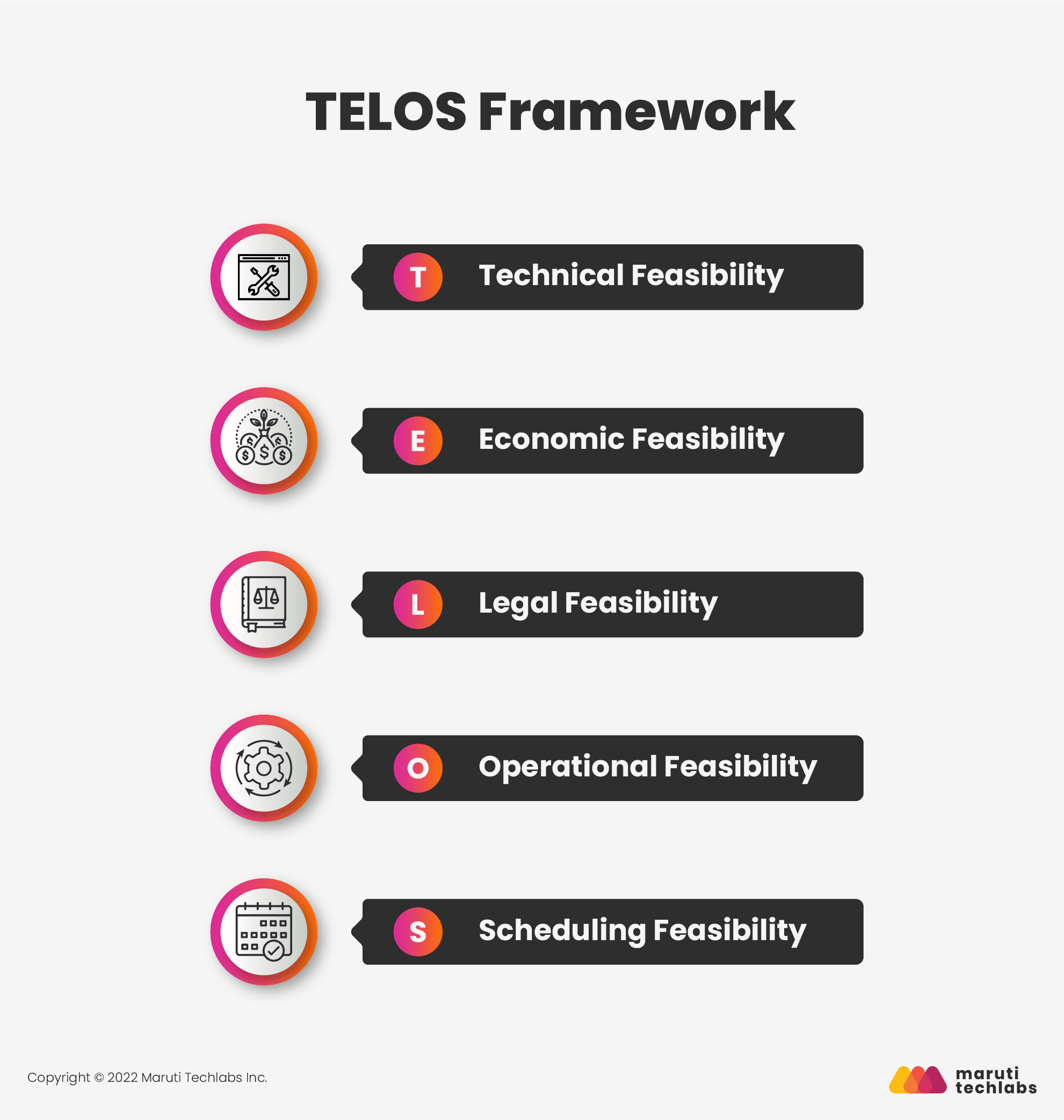Favorite Feasibility Study Of A Project Resources For 2024
Introduction:
This case study examines a project undertaken by a manufacturing company, XYZ Corporation, to assess the cost implications of conducting a feasibility study of a project (era-egypt.com) study. The purpose of the study is to determine whether the proposed project, which involves launching a new product line, is economically viable. The management of XYZ Corporation recognizes the importance of a thorough feasibility study to make informed decisions and reduce potential financial risks. This case study will shed light on the cost considerations involved and the overall feasibility study process.
 Background:
Background:
XYZ Corporation is a renowned manufacturer specializing in automotive parts. The company has a long-standing reputation for delivering high-quality products, meeting customer demands, and staying competitive in the market. To further expand their product range and increase market share, XYZ Corporation aims to venture into the production of electric vehicle components. However, before committing significant resources to this new venture, conducting a comprehensive feasibility study is essential.
Cost Implications:
The cost for a feasibility study typically depends on various factors, such as the scope of the study, the complexity of the project, and the expertise required. XYZ Corporation allocated a budget of $100,000 for conducting the feasibility study on the electric vehicle component project. This budget encompasses all the activities related to the study, including conducting market research, analyzing technical feasibility, assessing the anticipated risks, and preparing the final report.
Market Research:
Market research is crucial to gauge the demand and overall market potential for electric vehicle components. XYZ Corporation hired external market research firms to conduct surveys, interviews, and data analysis. The cost for these services came to $30,000, and the findings revealed a growing demand for electric vehicles, indicating a promising market opportunity.
Technical Feasibility:
To assess the technical feasibility of the project, the company engaged engineering consultants specifically specializing in electric vehicle components. The consultants analyzed the current manufacturing infrastructure, evaluated necessary modifications and upgrades, and estimated the cost involved. This technical feasibility study cost XYZ Corporation $40,000, providing crucial insights into the feasibility of the project from an engineering perspective.
Risk Assessment:
Identifying and assessing potential risks is a vital part of any feasibility study. In this case, XYZ Corporation assigned a specialized risk assessment team to evaluate potential pitfalls, such as economic uncertainties, regulatory challenges, and market saturation. The cost for the risk assessment study reached $20,000, identifying key risks and proposing risk mitigation strategies.
Final Report:
After conducting all the necessary research and analyses, the findings were compiled into a comprehensive report. XYZ Corporation hired a professional report writer to ensure a clear and concise presentation of the feasibility study. The cost for report writing and design amounted to $10,000, resulting in a detailed document that assessed the project’s viability and provided strategic recommendations.
 Conclusion:
Conclusion:
In this case study, XYZ Corporation demonstrated a clear understanding of the importance of conducting a feasibility study before venturing into a new project. By allocating a budget of $100,000 for the study, XYZ Corporation effectively assessed market potential, technical feasibility, risks, and provided strategic recommendations. The company’s thorough approach in evaluating the cost for the feasibility study showcases their commitment to making informed decisions and minimizing financial risks. Conducting such studies helps organizations like XYZ Corporation make well-informed choices and increases the chances of a successful project implementation.
Thông tin bệnh học
- Hiểu rõ thiên đầu thống nguyên nhân để trị hiệu quả
- Trẻ nghịch ngợm không nghe lời – 8 lời khuyên hữu ích cho cha mẹ
- Người bệnh thay van tim sống được bao lâu? Cách để kéo dài tuổi thọ
- THÔNG BÁO: THAY ĐỔI ĐẦU SỐ TÍCH ĐIỂM CÁC SẢN PHẨM TRUNG MỸ
- Ra nhiều mồ hôi nên uống gì để cơ thể khô ráo, thoải mái?
- DHA – Dưỡng chất vàng giúp chăm sóc trí não toàn diện
- Cách loại bỏ triệu chứng khô mắt và ngăn tái phát tại nhà
- Tiêu chí lựa chọn thuốc trị sỏi thận tốt, an toàn
- 5 bài tập mắt giảm cận thị tại nhà giúp cải thiện tầm nhìn
- Điều trị cơn đau quặn thận do sỏi bằng cách nào để hiệu quả?


